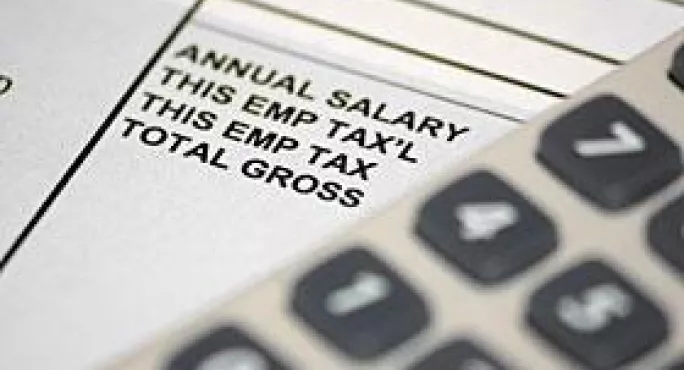Teachers’ pay: Revamped teachers’ salary scale

Original headline: Town v country pay signals end of national scale A radical overhaul of teachers’ pay will be considered next year, which could result in more money for staff working in towns and cities, The TES has learnt. The School Teachers’ Review Body, which advises the Government on pay, will investigate the extra salary given to teachers working in London under plans currently being drawn up. It is expected that the body will also examine the introduction of regional pay across the country. This is likely to include paying a premium to teachers working in urban areas. The pay body has also recommended that the Government considers paying more money to maths teachers in a bid to improve recruitment and retention rates. All teachers are to receive a 2.3 per cent pay rise from next month and again in September 2010. Any moves to introduce more variations in pay between parts of the country or teachers of different subjects will be fiercely resisted by the teaching unions. Martin Freedman, head of pay at the Association of Teachers and Lecturers, said: “We are completely opposed to regional pay. “Paying a premium to teachers in one area only creates shortages in other regions. Teaching is a national profession, not a regional one.” Mr Freedman said that the challenges of working in inner-city schools made it difficult for some schools to recruit. But rural schools can also struggle to attract teachers and offering less money would make their problems worse, he added. There are currently three pay bands covering inner, outer and fringe areas of London and then a fourth scale for the rest of the country. John Dunford, general secretary of the Association of School and College Leaders, said that it was time to revamp the system. “The London pay bands are blunt instruments that cause difficulties on the borders between areas,” he said. “Something more subtle is required. “One wants to avoid the situation in which schools only a mile apart are in different pay bands. “The principle of more money for teachers in urban areas across the country risks replicating the negatives without getting any benefits.” The idea of localised pay for teachers has been considered before, but was not implemented. Schools already have considerable flexibility to pay individual teachers more money if they think it is needed for recruitment and retention. But in its latest report, the review body recommended that the Government consider “new financial and other incentives and measures to improve the quantity and quality of the supply of mathematics teachers”. The body said it is a “matter of grave concern” that, even with training bursaries and golden hellos, schools are not assured of a “cadre of well- qualified mathematics teachers”. Applications to train as maths teachers are up significantly this year, but further action is required to ensure that high-quality people continue to be attracted to the job, the review body found. But in a letter to the Department for Children, Schools and Families last week, the teaching unions in the social partnership - which excludes the NUT - said increased emphasis on “incentive payments” in shortage subjects risked distorting the national pay structure. Mr Freedman said that the problems in recruiting science and maths graduates to teaching were deep-seated and would not be solved by “throwing a few thousand pounds” at it. A “golden handcuff” deal worth pound;10,000 will be introduced next month to attract teachers to work at challenging secondaries. The money is available to teachers if they stay for three years at schools that are either in the National Challenge - where fewer than 30 per cent of pupils achieve five good GCSEs including English and maths - or where more than 30 per cent of children get free school meals. The Government has estimated it will benefit up to 6,000 new appointments in 500 schools.ASCL general secretary calls for teachers’ salary system change
Attracting teachers to challenging secondary schools
Keep reading for just £1 per month
You've reached your limit of free articles this month. Subscribe for £1 per month for three months and get:
- Unlimited access to all Tes magazine content
- Exclusive subscriber-only stories
- Award-winning email newsletters



